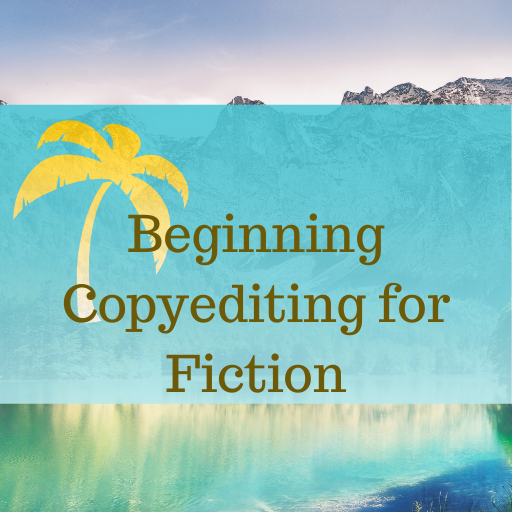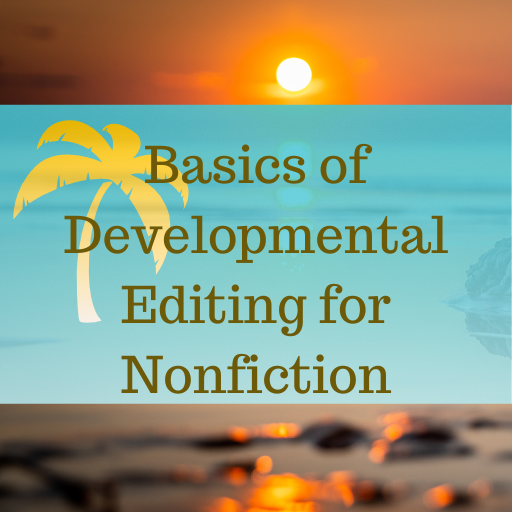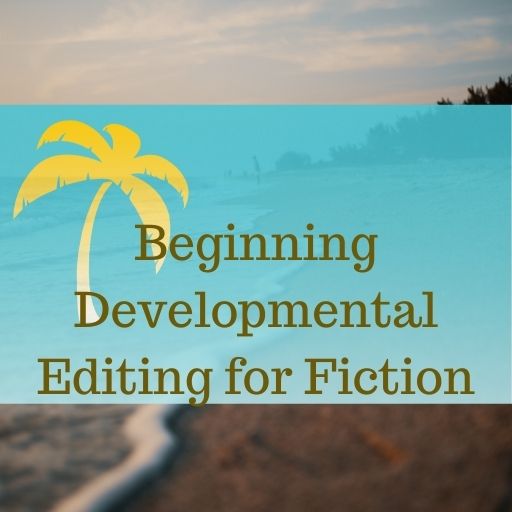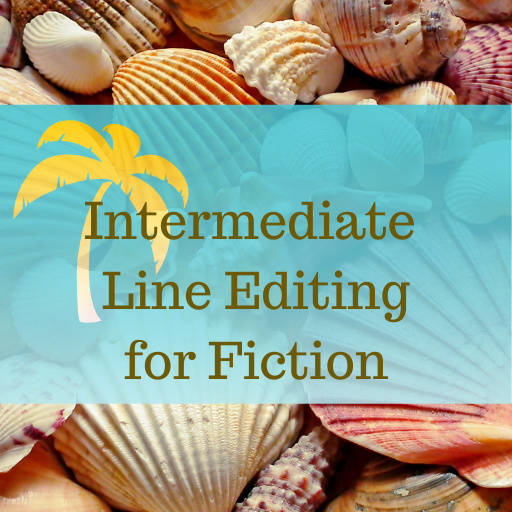Avoiding “Here’s How I Would Write it” as an Editor
Have you used the “here’s how I would write it” editorial query?
In making editorial suggestions, editors sometimes drift into “here’s how I would write it” territory, which is something I discourage. Authors don’t care what you would have done. They want to learn what they can do that will make their manuscript better.

What “Here’s How I Would Write It” Means
First, let me quickly say here that providing solutions to manuscript problems is not by itself saying, “Here’s how I would write it.” What I mean by “here’s how I would write it” is imposing your own preferences on the manuscript or trying to prove your knowledge by making suggestions that don’t materially improve the ms.
For example, if you’re uninterested in bull riding and the protagonist of the novel you’re editing is on the rodeo circuit, it’s not okay to say, “To solve the problem with setting, move the story to Manhattan and make the protagonist a book editor.”
Showing off your knowledge is a type of “here’s how I would write it.” I’ve seen editors remark things like, “These kinds of cars can travel four hundred miles on one charge! Maybe you should work that into your story.”
Uh, why? If these kinds of cars can travel four hundred miles on one charge and the author has them going six hundred miles on one charge, then it would be fair to include a fact-checking query. But a query just to display your knowledge is not okay.
Look to the Manuscript for Solutions
To be sure that our suggestions are not “you’re doing it wrong—here’s the way I would have written this book,” we have to be sure our suggestions are supported by the ms—in fact, it’s ideal if the solutions can be situated in the ms itself: “AU: Move this explanation to Chapter One” or “AU: Since Nicola is a magician, consider having her perform a card trick here.”
Of course, sometimes we do have to make up a solution—there really isn’t anything in the ms as it’s currently written that solves the problem. But we can almost always find elements in the ms to use. Often it’s just a matter of having the author bring them out more.
If an editor’s suggestions are along the lines of: “AU: This historical novel about Anne Boleyn would be so much more interesting if you turned all the characters into aliens and moved the action to Neptune” then of course the author is going to be annoyed.
But for the most part as long as suggestions are rooted in the ms itself, authors may or may not agree with them and may or may not follow them but they’re not likely to feel you’re trying to get them to write the story the way you would have written it.
I find that if I’m absolutely convinced that one answer is the only answer, that’s a sign that I’m trying to write the story the way I would have written it. When I can see several possibilities, that’s more likely to be my objective editorial eye.
Other Helpful Content
The Fine Art of Copyediting Fiction
When copyediting fiction, it’s common to run up against issues that pit author preference against standard editing approaches. For example, in a story I wrote some years ago, the main character’s neighbor is referred to as “3-B” as that is her apartment number and the MC doesn’t know her name. Fine. She can be referred…
Let the manuscript teach you how to edit it
One of the lessons I’ve learned over many years of editing is that you have to let the manuscript teach you how to edit it. Every manuscript is different and every manuscript needs a different touch. Even when an author does something I’ve seen many times before, I have to edit for that particular manuscript,…
Helping Authors Strengthen Story Settings
The setting of a novel consists of multiple elements, big and small, that nest inside each other like those little Russian dolls. We might show this hierarchy of settings like so: If you think about it, the micro setting of “the living room of 601 San Mateo Road Apartment 16” implies the existence of all…
Join the Club!
New to story editing? Begin at the beginning.






